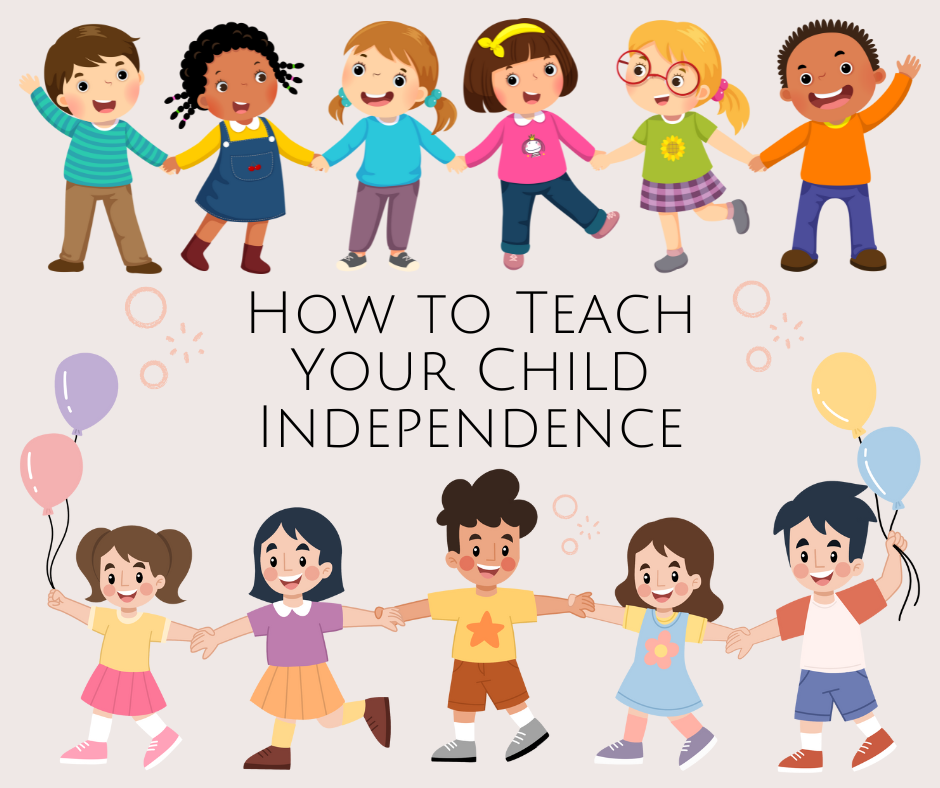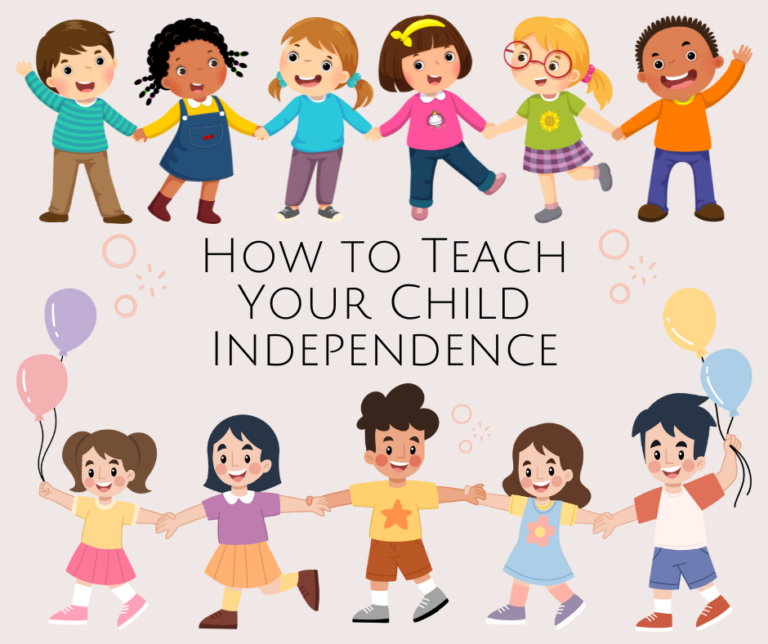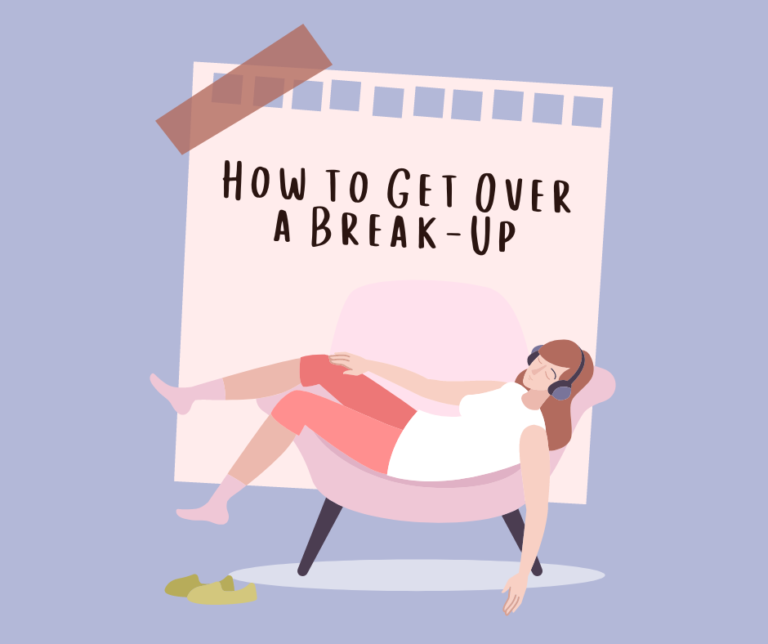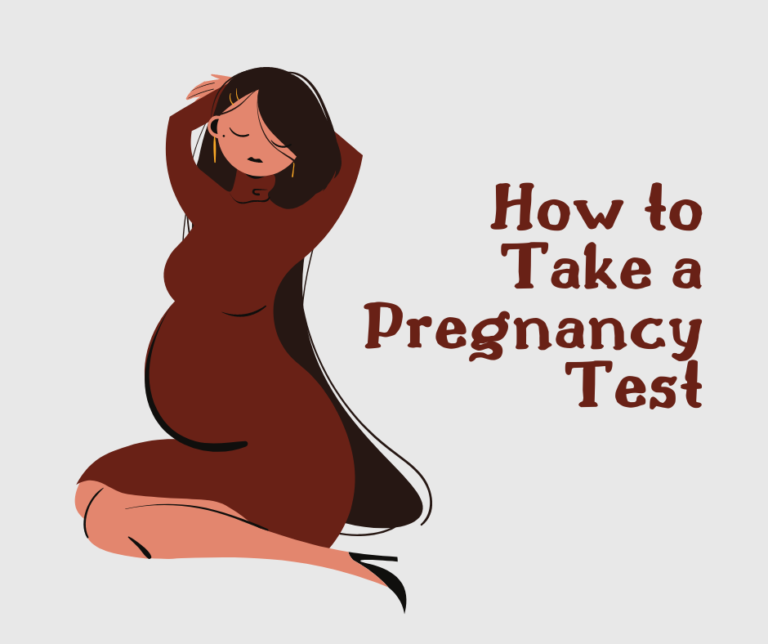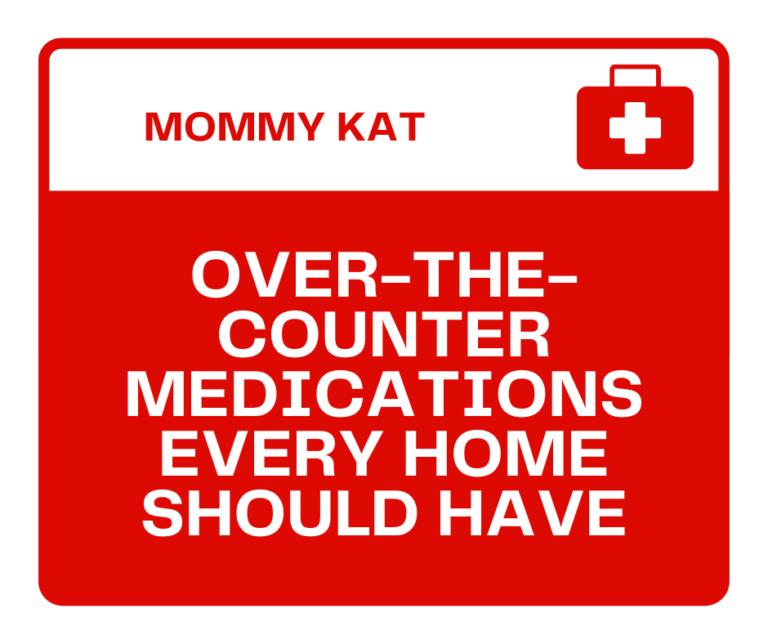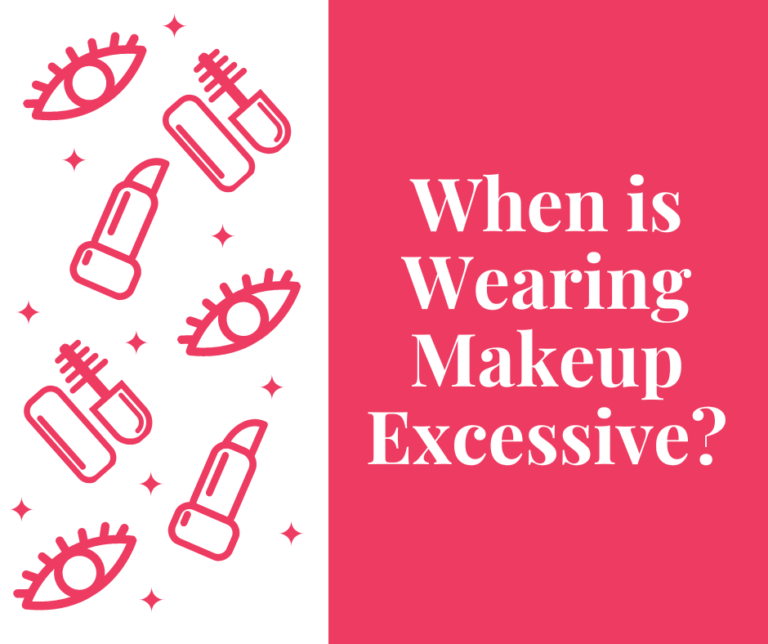So, your daughter has just received her first period. What an exciting time for both the parent and the daughter! This will be your daughter’s first of many steps into womanhood, and as a parent, you must keep her well-informed on menstruation so she deals with it well as a teenager and as an adult.
Here are the first steps you need to take after your daughter gets her first menstruation.
1. Start a Conversation
Begin by asking if she has any questions about menstruation. Use age-appropriate language and explain the process in a way that is easy for her to understand. Make sure to provide accurate information. This is an important milestone and it’s important to give her factual information about menstrual periods and the menstrual cycle to not scare her.
Normalize talking about periods. Menstruation is a normal and natural part of a woman’s life. Emphasize that it’s okay to talk openly about her period and encourage her to ask questions, even if it makes her feel embarrassed and uncomfortable.
2. Buy the Appropriate Menstrual Products
Buy her the supplies she needs for her period, including pads, tampons, menstrual cups, or other products. Explain how to use each product, and let her choose what she feels comfortable with. Keep note that she will probably have a hard time figuring out these menstrual products and will need some time to adjust. If she leaks a lot or does not use the menstrual products properly, don’t make her feel bad and instead work with her to do things properly.
This is important because your daughter will not be with you all day. She needs to go to school and other extracurricular activities and will need to deal with her period without you holding her hand all day.
3. Teach Her Proper Hygiene
Explain the importance of proper hygiene during menstruation. Menstruation hygiene involves maintaining cleanliness and taking care of one’s body during the menstrual cycle. This includes using sanitary pads or tampons, changing them regularly, washing the genital area, and wearing clean clothes. It is important to avoid using soap or other products that may irritate the genital area. Good menstrual hygiene helps to prevent infections and discomfort. It is also important to dispose of used sanitary products properly to maintain hygiene and prevent environmental pollution.
4. Encourage Her to Be Healthy
Did you know that our body’s overall health directly affects our menstruation? Poor health or underlying medical conditions, such as obesity, thyroid disorders, or polycystic ovary syndrome (PCOS), can cause irregular or heavy periods. Nutritional deficiencies, such as iron-deficiency anemia, can also affect menstrual cycles. Chronic stress and emotional health can also impact the menstrual cycle, leading to late or missed periods. This means that not all periods are the same—so, if your daughter is worried about her periods not being what she expected them to be, tell her it’s completely normal!
Maintaining a healthy lifestyle, such as eating a balanced diet, exercising regularly, and managing stress levels, can improve menstrual health and regularity. Monitor your daughter’s diet and exercise by ensuring she gets plenty of whole, fresh foods and not too much junk. Watch over her performance at school so you can see if she needs any help!
Lastly, it is important for women to see a healthcare provider for regular check-ups and to address any menstrual-related health issues promptly.

